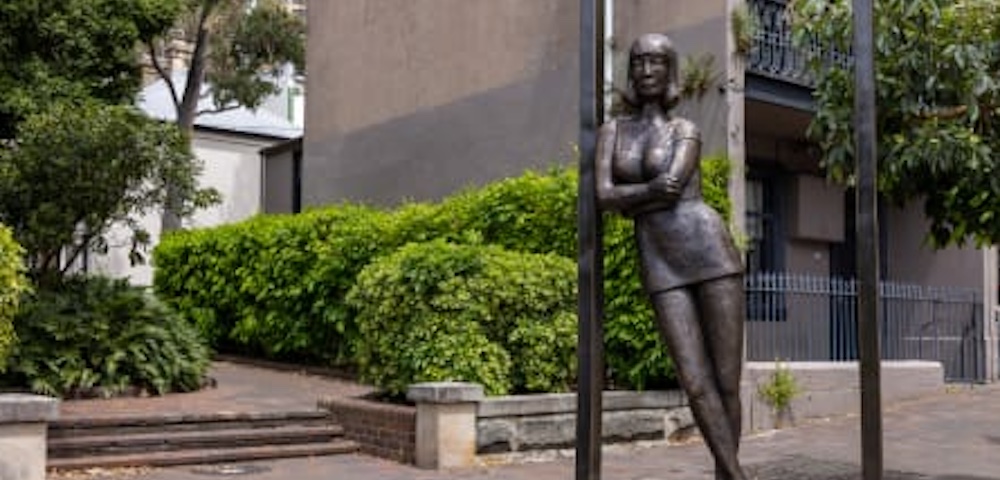
Twilight Of Love: Travels With Turgenev
When Robert Dessaix imagines an encounter between two of the greats of Russian literature, he imagines the contrast between the foppishly dressed Turgenev and the tangled beard of Dostoyevsky. I can just see it, Dessaix exclaims, and immediately you believe it. It is this loving attention to detail mixed with leisurely imaginative pondering that marks Dessaix’s writing as uniquely his own. In his latest book Twilight Of Love: Travels With Turgenev, Dessaix again defies easy genre classification as he mixes literary biography with travel writing, the reflective essay with the novelistic recreation of scenes, and philosophical with comic observation. As always this is as much about Dessaix as it is about Turgenev and as always that is a good thing. He manages to reflect so personally on everything that he writes about that the links contribute to an intimate sense of discovery rather than act as a distancing device. Dessaix follows Turgenev’s life, his travels and most of all his loves. The author and his subject dance with one another but there are two other partners: the mysterious and the rational, and it is the paradox of these other partners that in some ways drives the narrative. Nothing is finalised even though the travels come to a resting point -“ like Dessaix’s other books we are left with an alluring open text.
Review: Marcus O’Donnell
Nobody seems to know for certain why Dostoyevsky went to see Turgenev at 7 Schillerstrasse at lunchtime on 10 July 1867 -¦ So if there’s a moment I’d have chosen to haunt Frau Ansett’s house, it would have been the moment at noon that day when Dostoyevsky (badly dressed, his beard a tangle, I can just see it) knocked on the door to Turgenev’s rooms. I would have liked to see the look on the two men’s faces as the door opened: the quiver of resentment on Dostoyevsky’s as, taking in Turgenev’s foppish attire and the valet lurking in the background, he smelt the delicious, leisurely lunch he’d just interrupted; and the insincere welcoming smile on Turgenev’s as he leant forward to receive a kiss on both cheeks. (I detest his aristocratic, pharisaical way -¦ of advancing on you to embrace you, Dostoyevsky wrote later in a letter to a friend, and then presenting his cheek for you to kiss.)
Whatever his immediate reason for calling on the Great Writer, Dostoyevsky had probably been looking for weeks for a pretext to vent his contempt in person for both Turgenev and his work. Obviously he considered Smoke to be an outrageous attack on everything he held dear (Russia and the Church), but he’d actually loathed Turgenev for twenty years or more -“ Smoke, which he’d just read, simply added insult to injury.









